Speaking at the panel “Cyber-Proofing Digital Growth” of the Microsoft Envision Greece event, Alpha Bank Cybersecurity and Information Security Division Manager Robert Goglis referred, among other things, to the cybersecurity opportunities and challenges resulting from Alpha Bank’s digital transformation.
Mr. Goglis noted that the digital transformation process is a major challenge for banks and that the pandemic has significantly accelerated the public’s transition to digital tools for their transactions. “This created new challenges, not only in our country but also globally, as it required the acceleration of the response in terms of Information Technology and Cybersecurity, while at the same time it also broadened the scope available to malicious users, the ‘cyber criminals’, particularly so in what concerns fraud,” he said. Mr. Goglis also explained that the economy may have moved to the digital world, but so did malicious activities, too.
Increased digital footprint is an opportunity for Alpha Bank
In response to how he would characterize the increase of the digital footprint for the Bank, Mr. Goglis was categorical that it represents an “opportunity” and not a threat, noting that Alpha Bank, as an organization active in one of the most rigorously supervised sectors of the economy, had the advantage of being better prepared for this transition, having already developed a great deal of experience around the digital space.. Regarding digitization, he pointed out that “essentially, for us, the challenge had more to do with the transition to new environments such as the cloud, and the faster development of services and products in the digital space, compared with the traditional Branch Network.”
Cybersecurity strategy is a necessity for banks
Mr. Goglis also drew attention to the cybersecurity strategy of banks, which in part is also imposed by the regulatory requirements, yet he also clarified that for systemic banks, the cybersecurity strategy is a oneway street, as the magnitude of the factors involved, in terms of both information systems and business functions, necessitate a very systematic, thorough and well-planned approach. He also referred to the convergence of the strategic approaches adopted by the various organizations, explaining that “this takes place as a result of the weight that the EU has attached to the area of cybersecurity in general, which translates into legislation.”
Moreover, he added that Alpha Bank’s cybersecurity strategy is based on a “cybersecurity maturity” model, whose purpose is to enable the Bank at all times to be aware and in control of its position in its “microcosm” –that is, as an individual bank– as well in relation to the broader domestic, European and global environment. “The problem we are facing is a global one and you can’t solve it on your own, while at the same time cooperation and the exchange of information is extremely important,” he stressed, explaining that in order to have in place a more holistic approach to cybersecurity issues, Alpha Bank participates in global organizations and initiatives, such as the Forum of Incident Response and Security Teams (FIRST) and the Financial Services Information Sharing and Analysis Center (FS-ISAC), and has also established relevant strategic partnerships with, among others, Microsoft.
The best balance between “secure” and “functional”
Commenting on the cooperation of banks and start-ups on cybersecurity, Mr. Goglis noted that Alpha Bank seeks to become part of the solution and it does so in a very direct way, which also includes the organization of relevant competitions.
“In this sense, apart from some long-standing or strategic partnerships, we always keep an eye on the market, we seek synergies and we try to come up with the best possible result, in order to achieve the best balance between ‘secure’ and ‘functional’,” he concluded.
“Trust is the foundation of banking”
He also argued that banks are secure environments in the digital world, reiterating that they are among the most strictly supervised sectors of the economy globally and explained that in terms of technical protection measures and overall experience, they are better positioned than other organizations, as bank data are extremely sensitive. “Trust is the foundation of banking and that is the reason why there is rigorous supervision and a high state of alertness,” he noted, adding that a large part of the population is still not familiar with digital services – not necessarily the digital services of banks, but with digital services in general. “The levels of our investments in securing the protection of the data and systems that we have, are indeed very high. Because of the cloud and of the technologies involved, the borders are becoming blurred and so our job is getting a little more difficult, but also very interesting,” he stressed.
Source: Website Newsroom

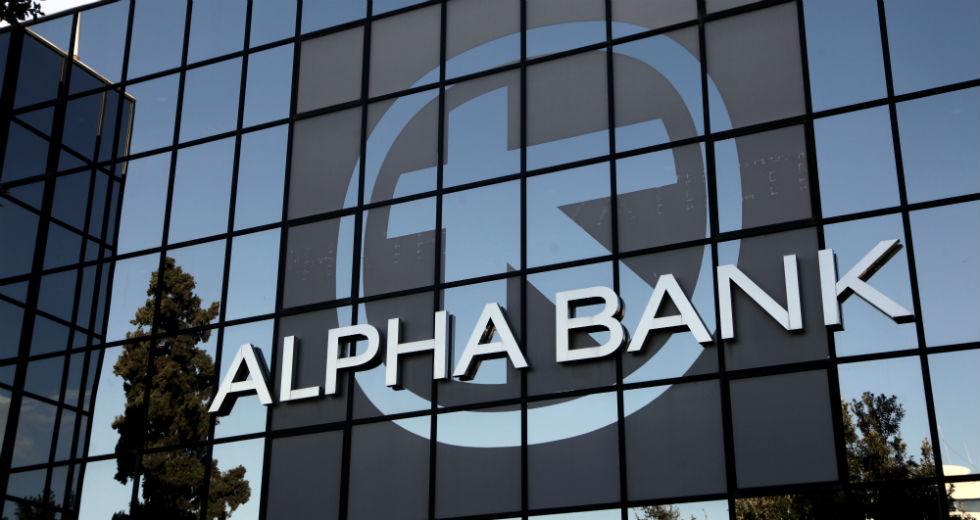




























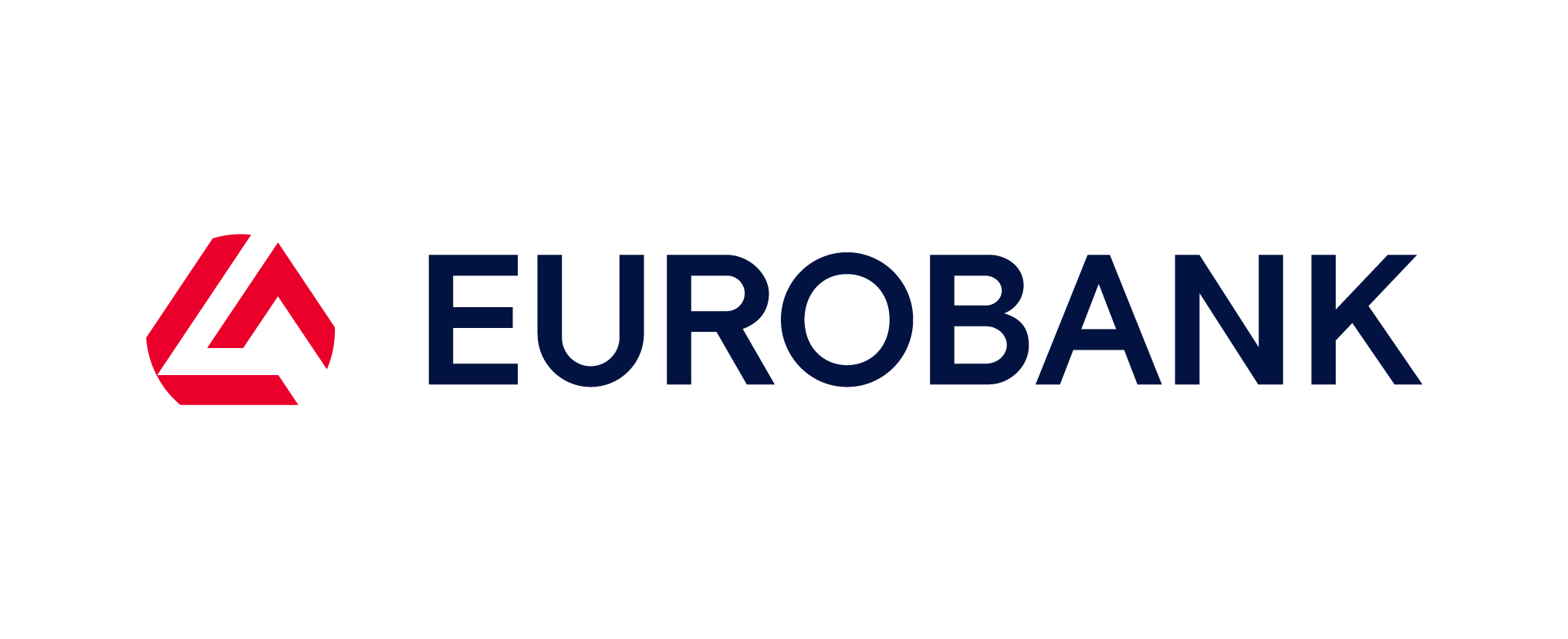

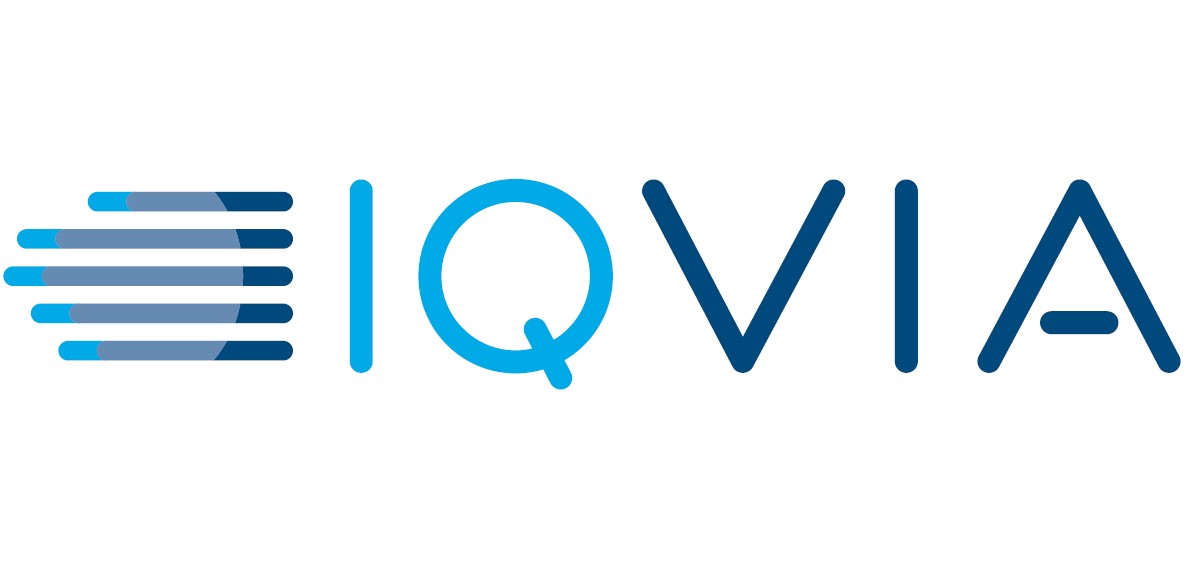



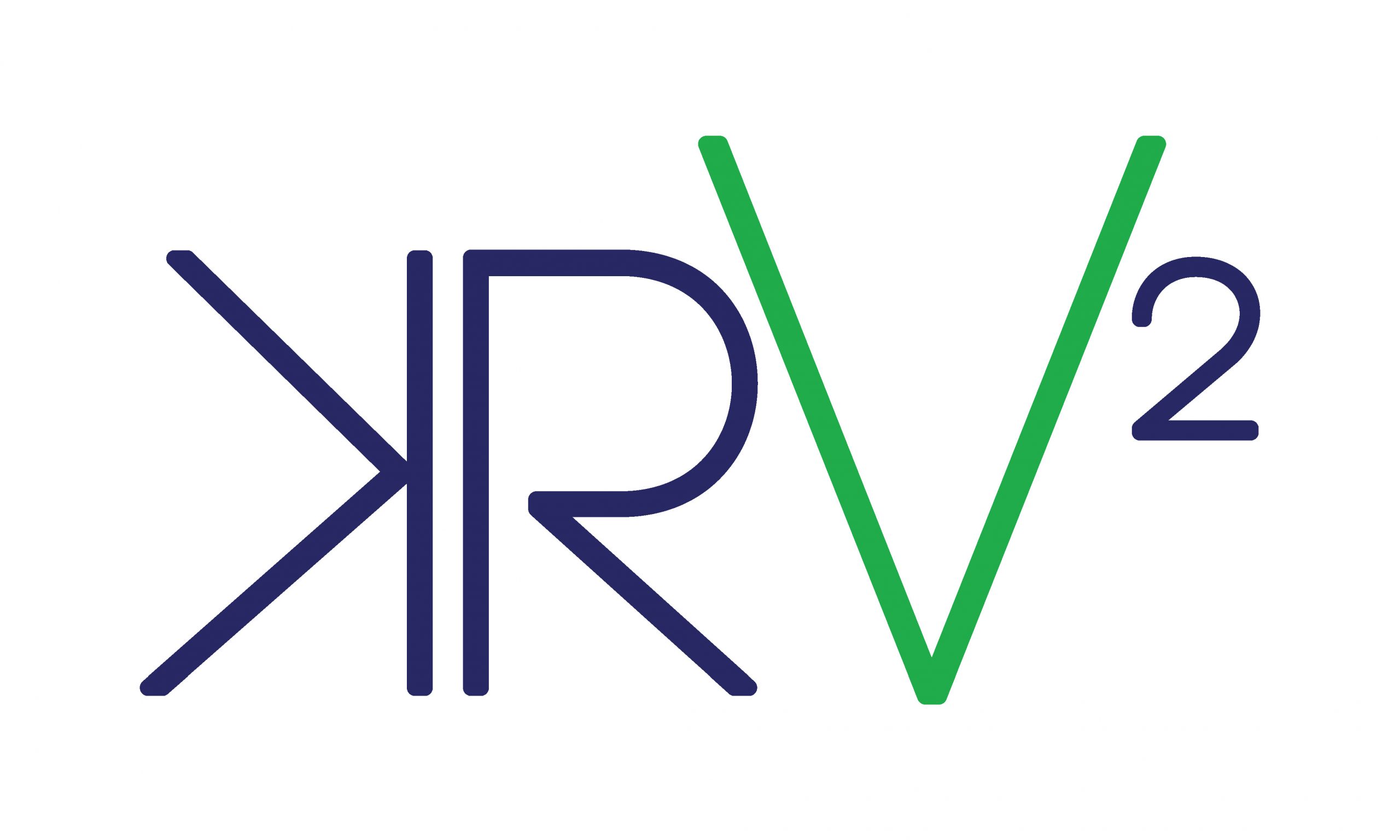






1.jpg)














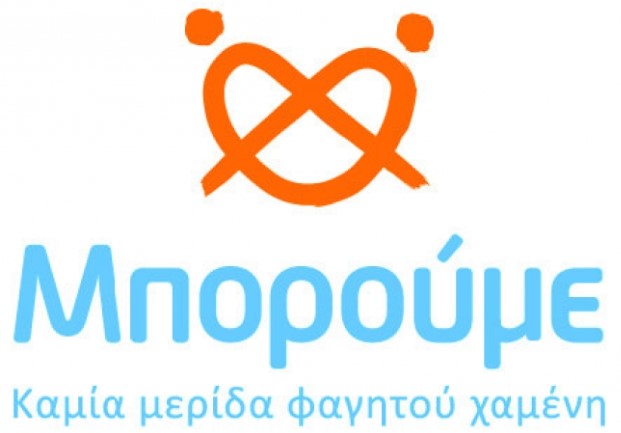




.jpg)





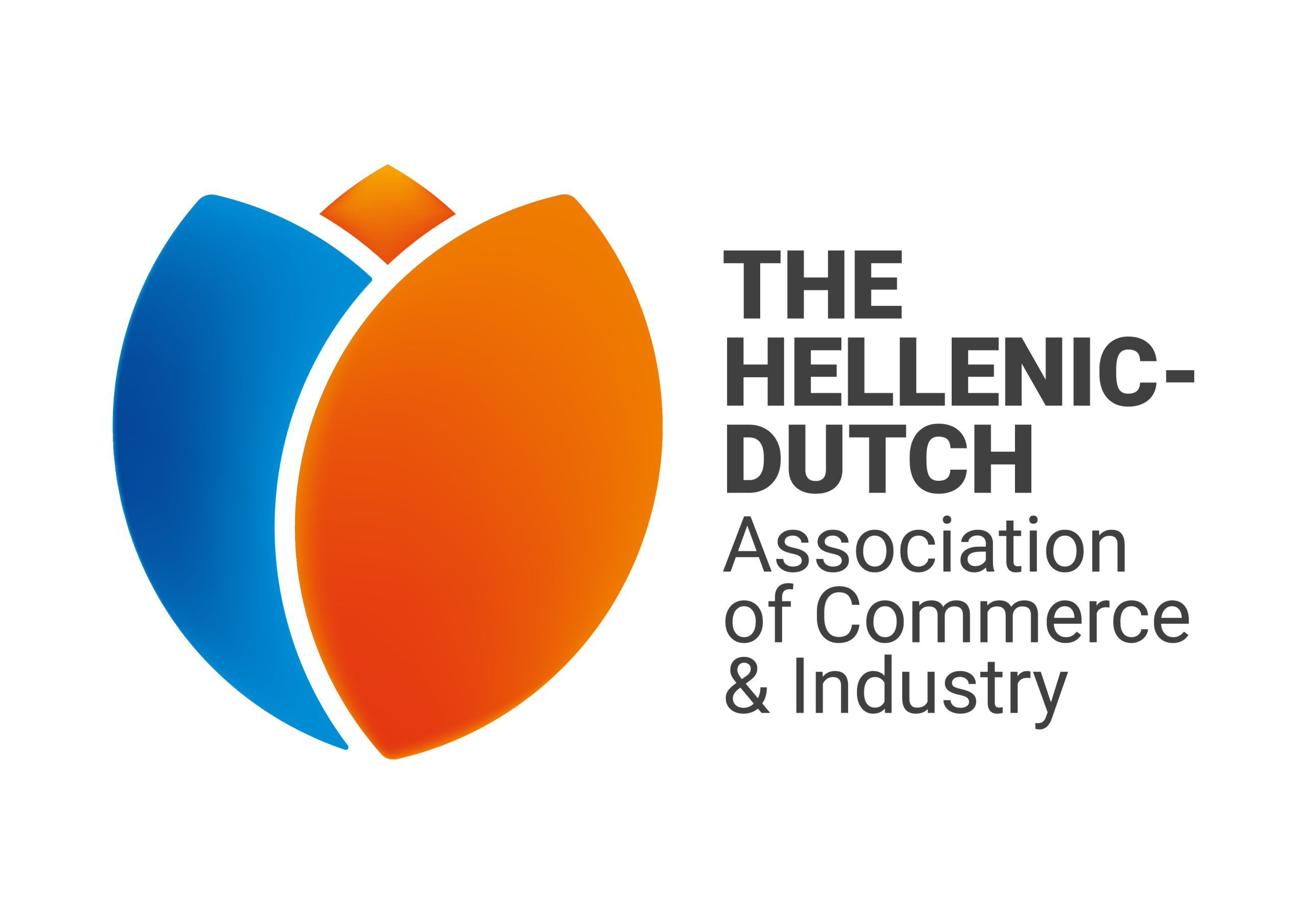
.jpg)



_.jpg)
.jpg)








